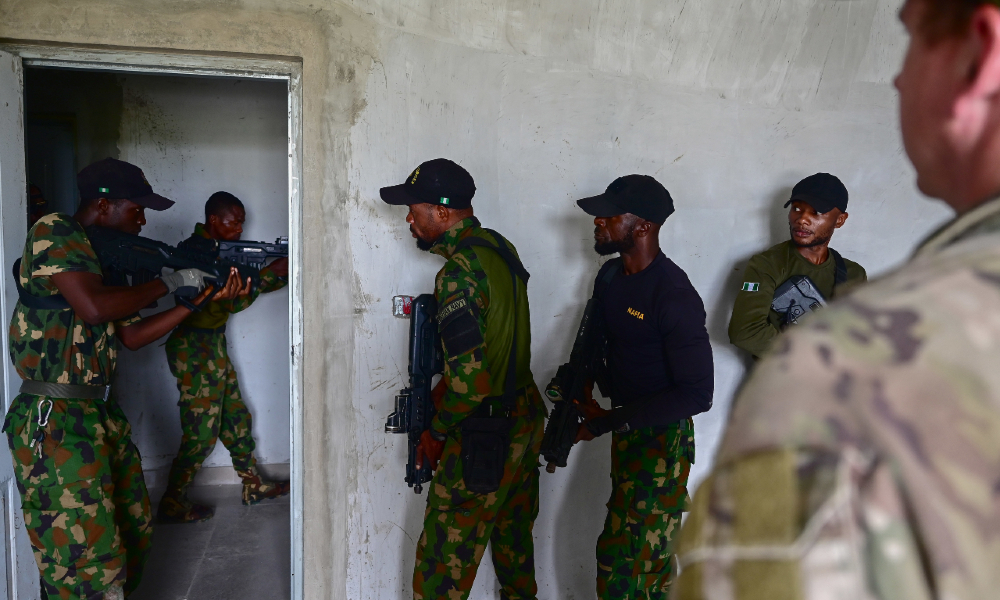Peter Margulies on Material Support Charges In Military Commissions
Here's a timely new article as the D.C. Circuit considers the military commission appeals in Hamdan and Bahlul--both of which challenge convictions based on, among other charges, material support for terrorism. Peter Margulies of Roger Williams School of Law has this article up at SSRN, entitled "Defining, Punishing, and Membership in the Community of Nations: Congressional Power to Authorize Trial of Material Support Charges in Military Commissions." The abstract reads:
Published by The Lawfare Institute
in Cooperation With

Here's a timely new article as the D.C. Circuit considers the military commission appeals in Hamdan and Bahlul--both of which challenge convictions based on, among other charges, material support for terrorism. Peter Margulies of Roger Williams School of Law has this article up at SSRN, entitled "Defining, Punishing, and Membership in the Community of Nations: Congressional Power to Authorize Trial of Material Support Charges in Military Commissions." The abstract reads:
Military commissions have inspired fresh debate in two cases currently before the D.C. Circuit. In United States v. Hamdan and United States v. al Bahlul, which concern Osama bin Laden’s driver and personal propagandist, respectively, the government argues that the “U.S. common law of war” supports convictions for material support of terrorism, a sweeping charge which in ordinary civilian court would permit prosecution for providing modest financial support or training in nonviolence. While the Supreme Court has upheld such prosecutions in the civil realm, conduct of this type has never been considered a violation of international law. The government’s theory therefore clashes with the Constitution’s Define and Punish Clause, which authorizes tribunals only for conduct that violates the “law of nations.” The Define and Punish Clause embodies the Framers’ view that membership in the community of nations was a crucial step in the new Republic’s emergence. Disdain of international law doctrines such as diplomatic immunity was a signature vice of the Articles of Confederation period that the Framers sought to remedy. The government’s theory of a distinctive U.S. law of war turns the Framers’ model on its head. Moreover, U.S. practice has generally limited military commissions to prosecution of participation in unlawful acts of violence, substantial roles in violent groups, or breach of a duty of loyalty to the U.S. In Hamdan’s case, at least, none of these factors applies. However, the government’s critics overshoot the mark with a rigid account of the law of nations that leaves no breathing room for the Framers’ pragmatism. The critics would categorically preclude trial of material support charges, even when those charges, as in the propagandist al Bahlul’s case, echo conduct that past tribunals have tried and punished. The government’s critics ignore the Framers’ concern with violent nonstate actors who threaten the cooperation that membership entails. To deal with this problem, the Framers built in a zone of deference for Congress’s exercise of power under the Define and Punish Clause. Tracking the membership conception, courts should apply a functional test, tailoring charges to preclude the sweeping claims cognizable in ordinary courts. Courts should permit charges that defendants aided specific acts of unlawful violence or played a substantial role in an entity that engages in such violence. A functional approach would respect international law, while providing the effective recourse against violent nonstate actors that the Framers’ vision of membership requires.
I haven't read this yet, but I'm very much looking forward to doing so.





